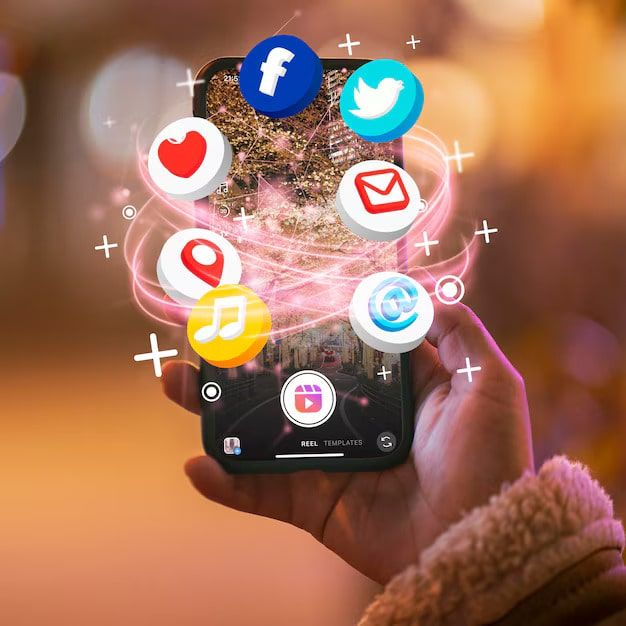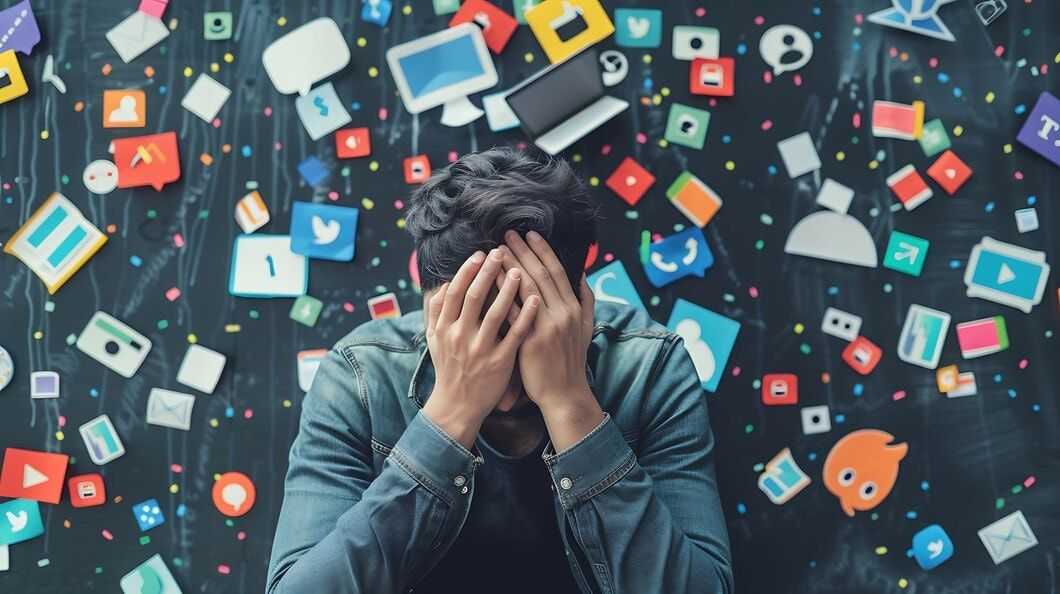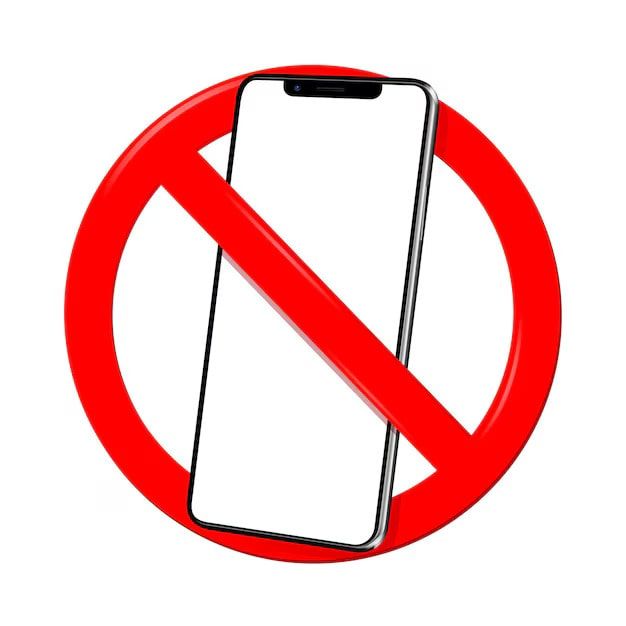Staying Off Social Media: How a Break Can Boost Productivity
Pause your virtual life to focus on your real goals and wellbeing
Social media has become a big part of life--and rightly so, given that it has so many uses. We can share our honest thoughts and opinions with the world, keep tabs on our favorite celebrities, and even shop through the apps. Not to forget, it is so easy now to create and consume content, even as a coping mechanism during long, stress-filled days.
But think back to the last time you went on Instagram or Reddit for a quick 10 minutes before bed, which soon turned into a session of mindless scrolling till the wee hours of the morning. Was this just a one-off case of revenge bedtime procrastination, or do you think there's a bigger issue here? As spending time on social media platforms becomes a part of your daily routine, are you at risk of losing yourself to the virtual world and neglecting your productivity and well-being?
If this thought makes you afraid, consider a social media break: swear off all the apps for a while to give yourself a chance to return to the real world and accomplish things you actually want to do. Not sure how to go about it? Keep reading!

The Dark Side of Social Media Platforms
Distraction and Procrastination
Social media apps are probably first on several people's list of distraction triggers. We often look for a way to postpone difficult or mundane tasks by "doom-scrolling"--mindlessly going through reels, posts and memes across different platforms to waste time and brain cells. Research also shows that people spend hours and hours a day simply on their apps, impacting their focus and making them procrastinate on all other tasks.
Stress and Anxiety
The pressures of keeping up with the latest social media content, trends, and discussions can lead to excess stress and anxiety. The "perfection" in the content that influencers and even acquaintances share online can make people set unrealistic expectations about what their life should be, and leave them feeling inadequate about their work, home, and achievements. This in turn can result in poor mental focus and other negative consequences on their wellbeing.
Poor Mental Health
Apart from unrealistic expectations, social media also promotes unnecessary consumerism. People end up feeling dissatisfied and unmotivated with their goals and go on to chase short bursts of dopamine from buying or trying "cooler" things. However, this does not help with their long-term goals or ambitions, and so the feeling of inadequacy does not go away and leads to more mental distress.

The effects can seem scary, but don't be too afraid! Managing your time of social media platforms, or quitting them altogether for a while, is a sure way to help you reset your mindset and focus on your own well-being and productivity. Here's how to go about it:
How to Effectively Quit Social Media
Recognize the Need for a Break
Acknowledging the negative impact of social media on your mental and emotional health is the first step towards making a change. If using social media apps makes you feel anxious, sad or lonely, it may be time to take a break. You can also ask yourself whether you're going on the apps as a way to avoid starting on something important, or, whether you're feeling pressure to present a perfect online image to society.
Make a Plan for Your Social Media Break
The more hours you spend on social media, the harder it is to just quit it cold turkey. Make a plan to consider what you want to achieve from your break--increased productivity, better mental health, or more focus on real-life relationships. Decide on the length of your break and inform family members and friends about it, so they know to connect with you in other ways.
Identify Triggers and Challenges
One of the biggest challenges of quitting social media is FOMO, or the fear of missing out. Identify what would make you crave some time on the apps--would it be the need to be socially connected, to engage with your followers, or to simply distract yourself for a while? Then, you would need to figure out alternatives for these triggers--hopefully healthier ones, like journalling, exercising or yoga to keep yourself calm and centered.
Another challenge would be if your work requires you to be on social media for some time, either to update some content or keep tabs on a development. For this, you may think about making a "work only" profile that doesn't allow you to access more distracting content.
Delete or Restrict Apps
Delete apps from you phone tablet, desktop and any other devices so you're less tempted or bothered by them. You can also download website or app blockers so you can't virtually connect every time you wish to.

Looking for a helpful and effective website block? Try our tool, Dopanope!
Get Accountability
The first few days of trying to wean yourself off social media will be the hardest. Accountability would help here--ask a family member, friend, or accountability partner (like Boss as a Service) to check in and ensure that you're being good and not sneakily logging in to the platforms during your free time!
Don't Lose Contact with your Loved Ones
There are instances of people not on social media feeling disconnected from their loved ones, which can either cause them to relapse and return, or become isolated--neither of which is good for their wellbeing. So, let your friends and family know how to reach you, and make a proper effort to stay in touch and keep up the genuine connections!
Find Ways to Fill Time
Use the time you would normally spend on social media to focus on professional or personal development, by working on some long-pending goals or habits on your to do list. You can also consider finding a hobby or activity that brings you greater joy and fulfillment than the apps ever could.
The more earnestly you follow the measures, the less temptation you'll have for social media. Pretty coon, you'll be able to identify the positive effects of being offline:
Benefits of Quitting Social Media
Better Mental Wellbeing
Quitting social media can significantly reduce stress and anxiety, as you'll spend less time comparing yourself to others or feeling the pressure to post "happy" things. You may also notice an improvement in your self-esteem and body image as you use more time to work on yourself.

Improved Social Relationships
A break from social media can give you more time to focus on meaningful conversations and relationships with your loved ones--you may be able to rekindle the love and companionship we have all somehow lost since the apps took over!
Personal and Professional Development
As you use the app-free time to pursue your pending goals, hobbies and interests, you'll find yourself living a more joyful and well-rounded life--who doesn't love that?
Now, there are no rules to what you do with social media in the long term--you can either quit it forever or decide to return once you feel you can manage it better. If you do want to do the latter, some ground rules may help:
Planning your Return to Social Media
Set Boundaries
When you return to social media, con
sider setting boundaries and limits on your use--for example, you can decide to use no more than two apps a day, for a total of 30 minutes. This will help you use social media intentionally. You can also decide exactly what you want from social media and focus on achieving only that--whether it's to be socially connected or to build a professional network, among other things.
Make Social Media Work for You
Once you've taken a step back and worked on your development, you may find certain ways in which social media could help you. Plan your return around these intentions--be it marketing your new business, accessing exclusive information or resources, or simply finding better ways to learn the news.
Be Open to More Breaks
If your return to social media turns into a relapse, don't shy away from taking a break again. There are no limits on the number of times you can leave and join an app--just make sure that this itself doesn't turn into a habit!
Final Thoughts
Quitting social media can have a profound impact on mental health and productivity--use the right strategies to take the break you need.